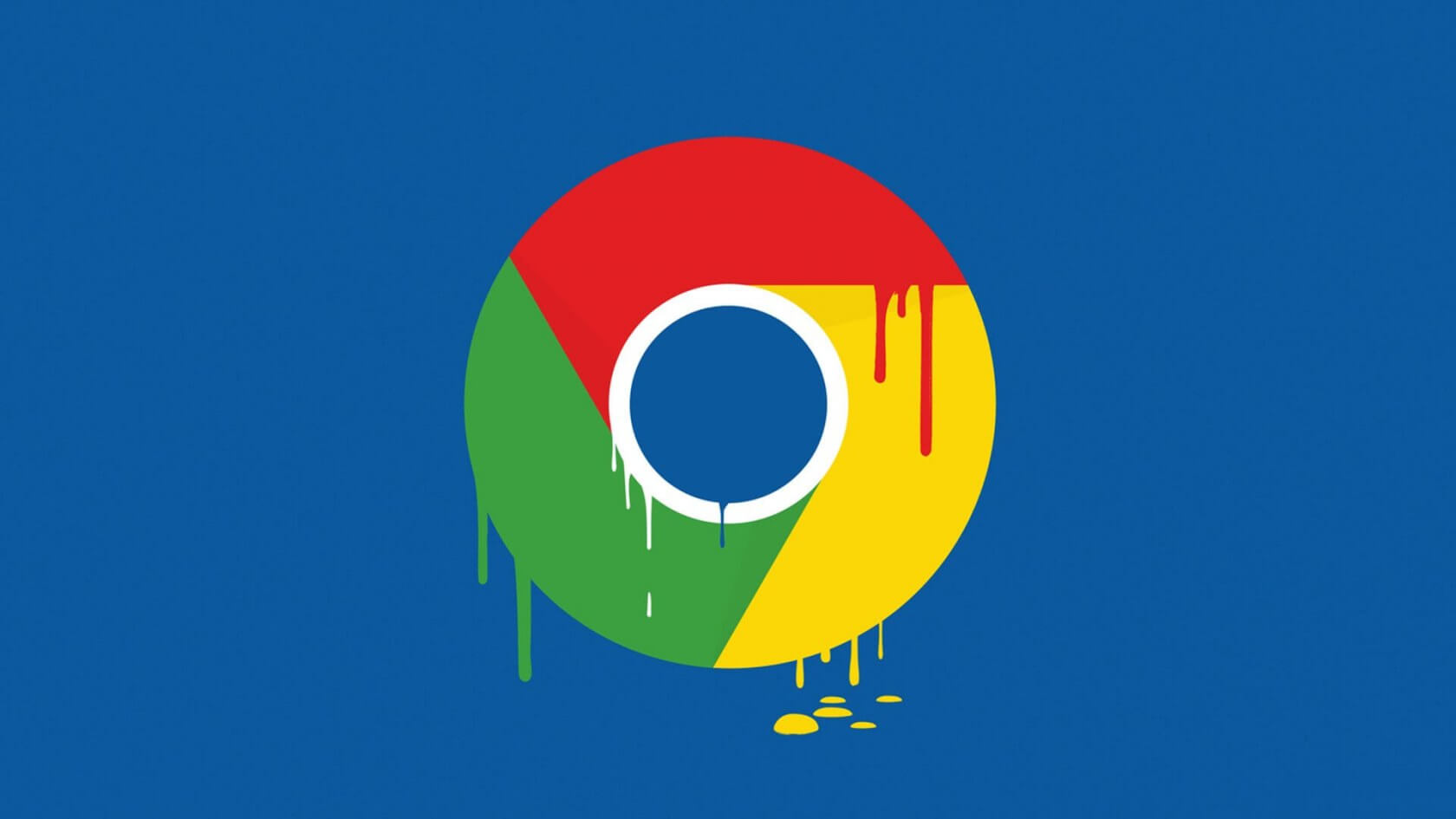In context: Although a large portion of Google's revenue comes from advertisements, the company has made an effort to crack down on abusive ads throughout the web; especially through its Chrome browser. For example, Chrome has gotten features that restrict autoplaying videos and block websites from hijacking your browser back button.
Now, Google is taking things a step further. Moving forward, the browser will begin to comply with a new set of ad standards published by the Coalition for Better Ads. These standards take aim at websites that use irritating techniques to serve ads on their videos.
For example, the new Better Ads Standards will penalize sites that implement video ads longer than 31 seconds that cannot be skipped within the first 5 seconds. Mid-roll video ads of any duration will also be restricted, and websites will not be allowed to place image or text ads in the middle 1/3 of the video window.
Google promises that it won't give its own websites special treatment. The search giant aims to lead by example and tweak its YouTube ads until they comply with the new standards. Notably, the platform currently violates at least one of the standards by displaying mid-roll ads on its hosted videos – it'll be interesting to see how different the site will feel when those ads are gone.

If any site is found to be violating these new standards, Chrome will stop displaying ads on it outright. Given how large Chrome's userbase is, that's a pretty big deal, so there's plenty of incentive for upstanding websites to play by the rules.
The end goal of all these changes is not entirely selfless, of course. Yes, the new standards benefit consumers, but by making ads less intrusive, they also benefit websites and ad corporations like Google. If a user isn't being bombarded with frustrating pop-ups every time they open a new website, there's a chance they'll switch off their ad blocker, or rely on whitelists like the one Chrome uses.
Website hosts have until August 5, 2020 to comply with the new policies before Chrome begins enforcing them. The Coalition has a somewhat tighter timeline, though – it wants sites to stop displaying annoying video ads in the next four months.
